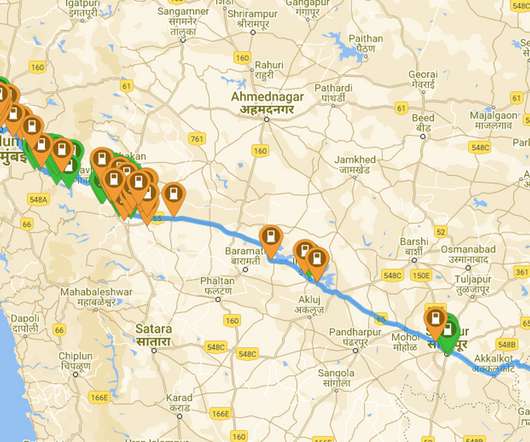Mumbai - Kalaburagi - Mumbai : 1200 km trip in the MG ZS EV
Plug In India
MAY 28, 2022
I have been on exactly one ICE (dinasour juice* consuming Internal Combustion Engine vehicles) roadtrip prior to this. Given the coal shortage and power cuts across the country + the fact that there are little to no power cuts in Bombay, it felt like accepting harsh realities. The car that I am taking on this trip is 2022 MG ZS EV.












Let's personalize your content